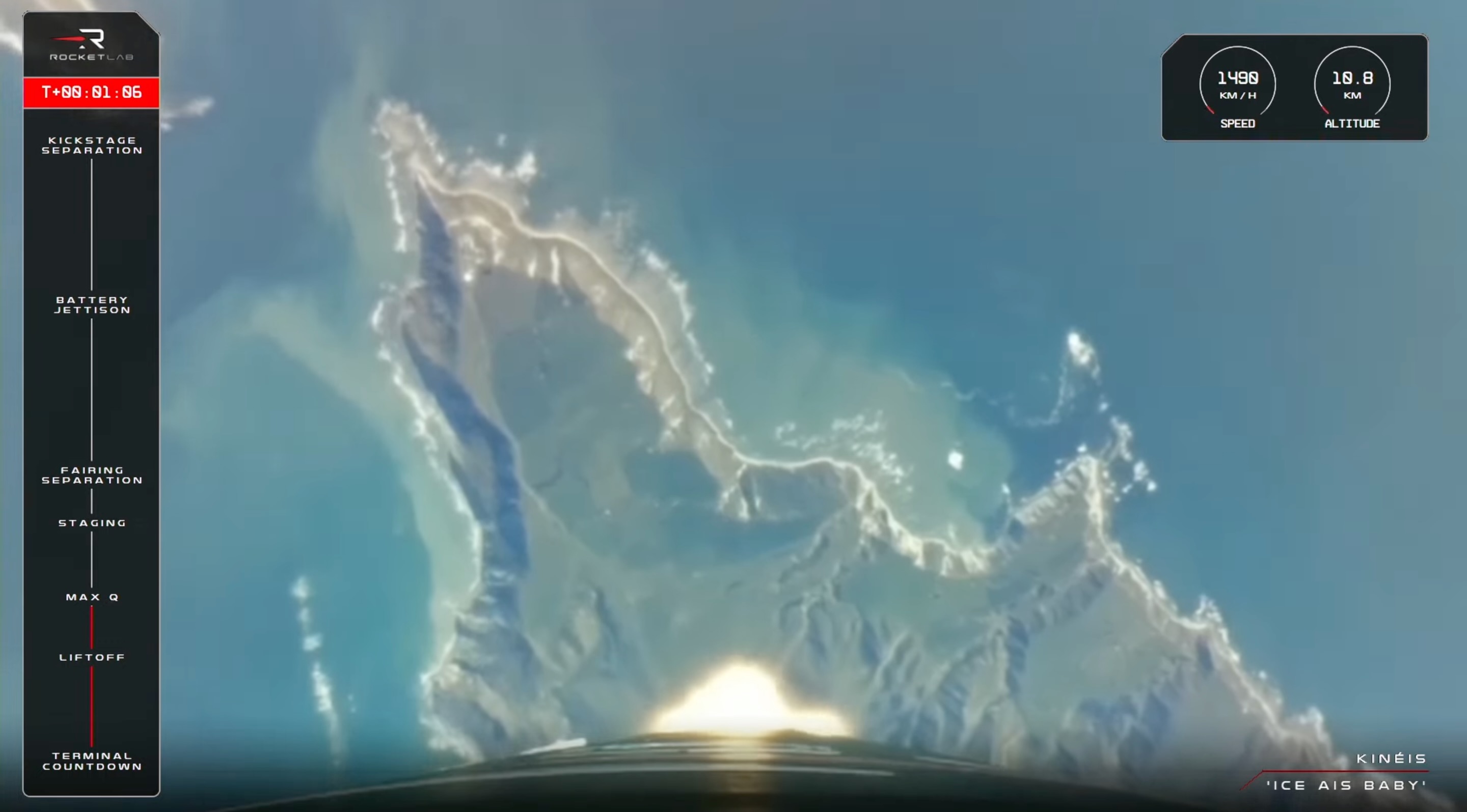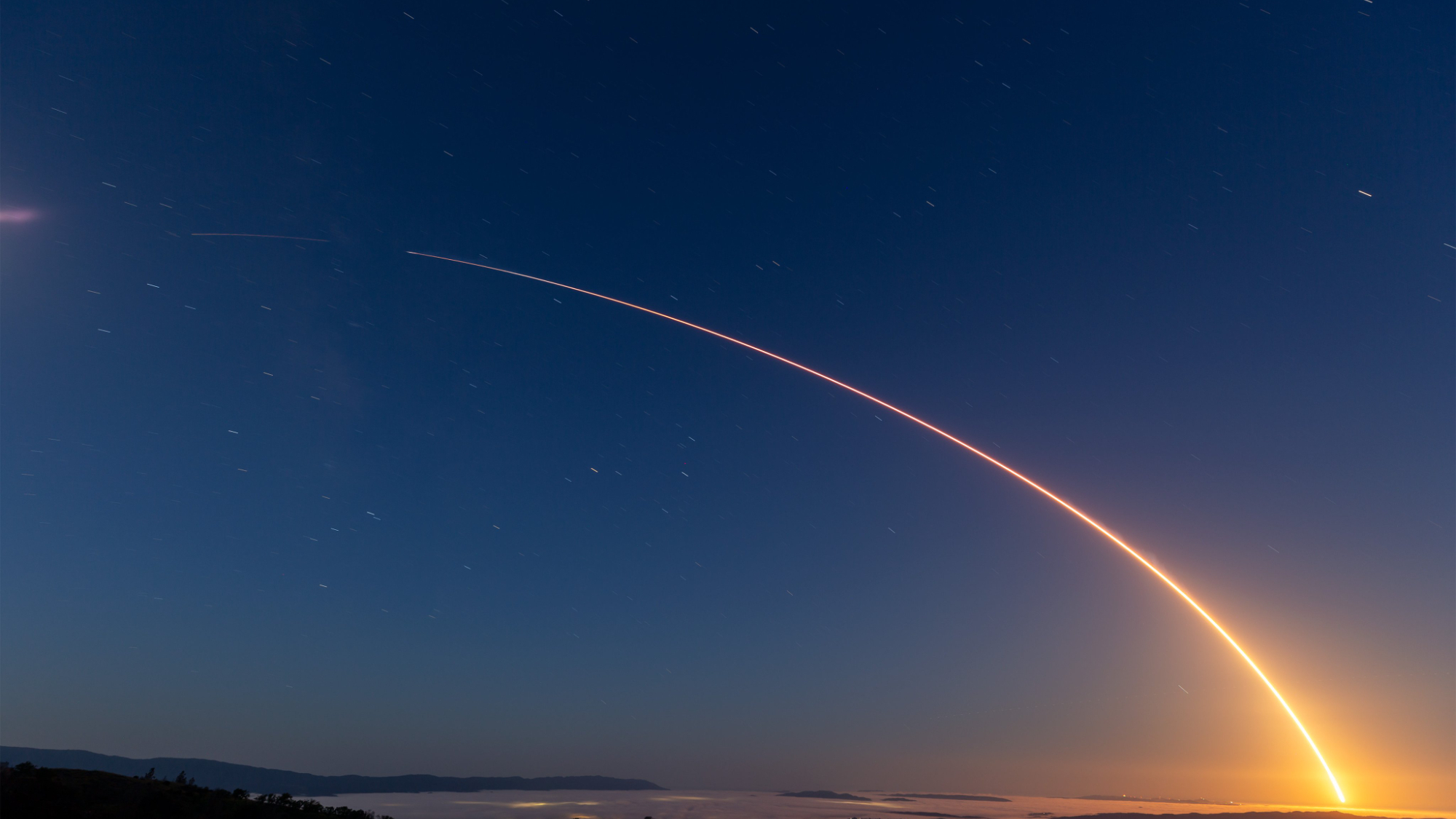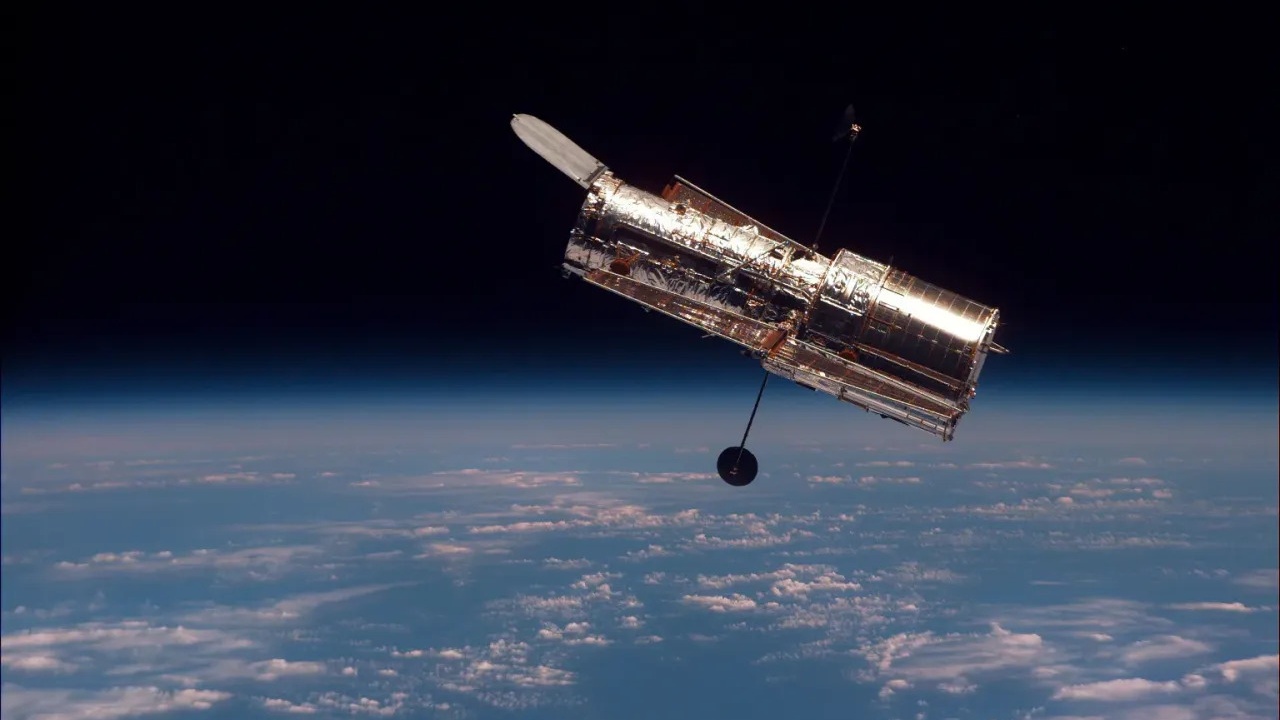Rocket Lab launched five "Internet of Things" (IoT) satellites to orbit on Sunday night (Nov. 24), continuing to build out a constellation for the French company Kinéis.
An Electron launcher carrying five of Kinéis' spacecraft lifted off from Rocket Lab's New Zealand site Sunday at 10:55 p.m. EST (0355 GMT and 4:55 p.m. local New Zealand time on Nov. 25).
The five IoT nanosatellites were deployed into a 400-mile-high (643 kilometers) orbit about 66 minutes after liftoff as planned. The achievement pushed Rocket Lab's lifetime satellites-deployed tally over 200, to 203.

Kinéis booked five Electron launches to build its 25-satellite constellation in low Earth orbit. Sunday night's mission, which Rocket Lab called "Ice AIS Baby," was the third such flight; the first two launched in June and September of this year.
Kinéis' IoT constellation will provide "precise connectivity and location tracking of any object anywhere on the planet," the company wrote on its website. "Whether you're on the open sea, in remote areas or under extreme weather conditions, Kinéis ensures reliable, continuous data transmission so you can benefit from accurate information available at all times."
Related: Rocket Lab launches 5 IoT satellites on landmark 50th mission (video)
"Ice AIS Baby" was the 13th orbital launch of 2024 for the 59-foot-tall (18 meters) Electron and its 54th orbital mission overall. Sunday's launch came less than 24 hours after Rocket Lab sent a suborbital mission skyward from its pad on Virginia's Wallops Island, marking the first time the company has ever achieved such a spaceflight doubleheader.
Get the Space.com Newsletter
Breaking space news, the latest updates on rocket launches, skywatching events and more!
Electron is the only launcher in Rocket Lab's stable, but that won't be the case for much longer. The California-based company is working on a larger, partially reusable rocket called Neutron, which is expected to debut in 2025.
Editor's note: This story was updated at 12:25 p.m. ET on Nov. 23 with the new launch date of Nov. 24. It was then updated again at 12:05 a.m .ET on Nov. 25 with news of successful launch and satellite deployment.
Join our Space Forums to keep talking space on the latest missions, night sky and more! And if you have a news tip, correction or comment, let us know at: community@space.com.

Michael Wall is a Senior Space Writer with Space.com and joined the team in 2010. He primarily covers exoplanets, spaceflight and military space, but has been known to dabble in the space art beat. His book about the search for alien life, "Out There," was published on Nov. 13, 2018. Before becoming a science writer, Michael worked as a herpetologist and wildlife biologist. He has a Ph.D. in evolutionary biology from the University of Sydney, Australia, a bachelor's degree from the University of Arizona, and a graduate certificate in science writing from the University of California, Santa Cruz. To find out what his latest project is, you can follow Michael on Twitter.









